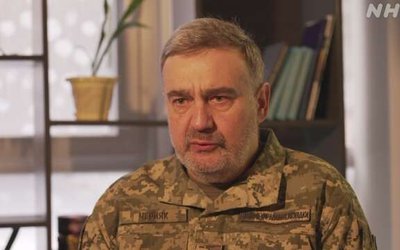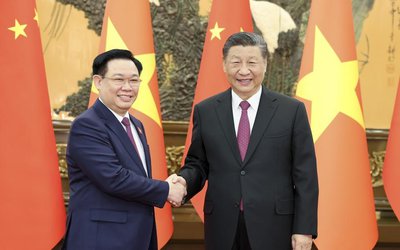More on International






A resident of Ramechhap VDC, Jit Bahadur Sunuwar, arrived in UK almost a year ago along with his wife, Mrs Lal Maya Sunuwar, with the prospect of bright future for himself and his family.
70-year-old Sunuwar-- who is suffering from high blood pressure, arthritis and weak bladder-- hoped for better treatment in his adopted home.
The Sunuwar couple, however, found that life in the UK was much difficult than what they had thought in Nepal.
“First there is a problem of language. Both I and my husband can’t speak English. Moreover, I have to do all household chores myself here,” said Mrs Sunuwar, who has left her grown-up daughter in Kathmandu.
Hundreds of senior Gurkha families like Sunuwars have arrived in the UK following the British government’s decision to allow all ex-Gurkhas, who have served at least four years in the British army, to settle in the UK. The May 2009 decision came in the aftermath of a high-profile campaign led by British actress Joanna Lumley and supported by a wide range of British society.
‘New Home’
Also called a garrison town, Aldershot is located in the Greater Rushmoore Borough—nearly one hours train journey from London. The Borough is a home to hundreds of Gurkha families including those who have arrived recently.
Jit Bahadur’s cousin, Man Bahadur Sunuwar, arrived in the UK, along with his wife Bishnu Maya Sunuwar, nearly five months ago. Man Bahadur says he had served in the British Army for nearly eight years, took part in the ‘Malaya war,’ among others, but was discharged without pension.
“I was told that I will get pension along with state benefits from the British government. That’s why I am here,” he said.
Hundreds of Gurkha families have arrived UK over the last year at a time when UK is passing through one of the difficult economic times in its history. As the coalition government is trying to reduce public debt furiously, the number of unemployed people has soared high most of whom now depend on the state-sponsored benefit system.
“Local councils are mainly responsible to take care of local people including unemployed and senior citizens,” said Chhatra Rai, General Secretary of British Gurkha Welfare Society (BGWS), a leading organisation of the Gurkhas. “Though they provide a lump-sum amount every month to Gurkha families, they find it very difficult to meet their overall costs including housing,” he added.
The one bed room apartment, hired by Jit Bahadur Sunuwar and his wife, doesn’t have a landline telephone or a television set. “Though we get around 600 pounds every month in state benefits, I don’t save a penny,” said Mrs Lal Maya Sunuwar, whose only luxury is to speak with her daughter back home over a mobile phone.
It is estimated that over 30,000 Gurkhas have settled in the UK since 2004. While the younger lot have been working in various sectors including security, transportation and have launched their own businesses, most of the elders have found it difficult to adjust to the new environment.
“Most of the Gurkha veterans have left Nepal and settled here for the future of our children, to be useful and integral part of the British Society,” said Major (Retd.) Tikendra Dal Dewan, chairman of BGWS, who is also president of the Greater Rushmoor Nepalese Community. “While we are grateful to the local authorities for all their support to Gurkhas despite financial constraints, the problem won’t be resolved even over the next ten years unless the British government provides equal pension to the Gurkha veterans,” he added.
Gurkha organisations say they receive only one-third of the pension accorded to their comrades in the British Army. After a British court rejected their appeal for equal pension, BGWS is now planning to move the Strasbourg-based European Court of Human Rights. While it will be a long and costly battle, people like Sunuwars may continue to arrive in the UK looking for better future for themselves—only to confront a reality which is much different than what they were promised back home.





